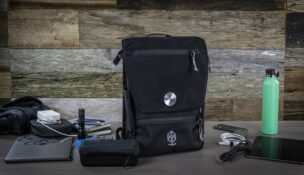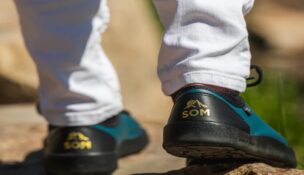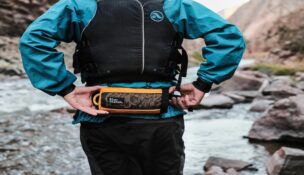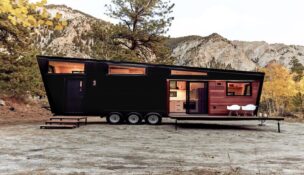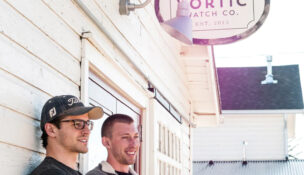How Colorado Teardrops has vamped up its manufacturing
The company expects to build about 120 trailers in 2020
Eric Peterson //March 1, 2020//
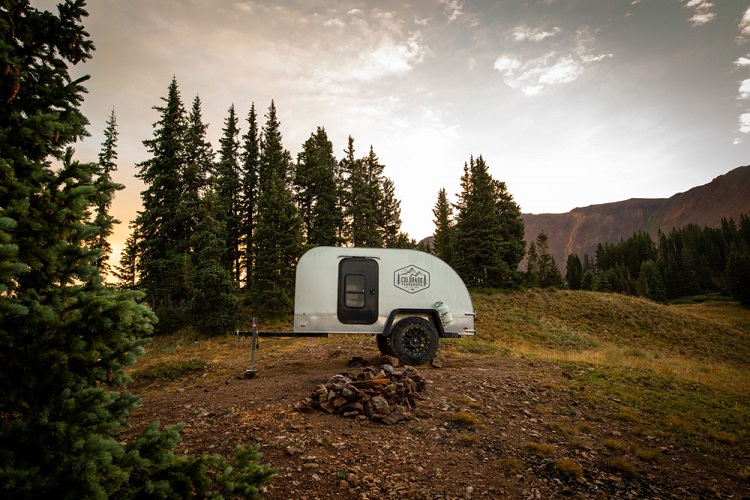

How Colorado Teardrops has vamped up its manufacturing
The company expects to build about 120 trailers in 2020
Eric Peterson //March 1, 2020//

Photo by Jeff Nelson.
Colorado Teardrops | Boulder | Product: Apparel & Gear
After a first career in tech, Dean Wiltshire started making teardrop trailers as a security measure against bears. “Camping with my daughter [Sarah] when she was 11, a grizzly took out a camper in Yellowstone,” he remembers.
That was 2011. Searching for something beefier than a tent, Wiltshire “stumbled across the historic teardrops. In the 1950s, they were in Popular Mechanics magazine, with plans on how to make one.”
Wiltshire, 58, made his first hard-shelled, retro-looking trailer as an ursine-proof sanctuary for his family, but then realized it was an attention magnet. “The thing just took off,” he says. “I couldn’t drive it down the road without people following me. . . . Sometimes life slaps you with really obvious things.”
Wiltshire pivoted from tech to trailers and built a rental fleet with his son, David, to test their designs. Once proven out, the rental fleet morphed into manufacturing for end users. Personalized trailers start at $13,500 and average $21,500. They are delivered three months after an order is placed.
Options include bunk beds, pop-up vents and galleys with counters and plenty of storage, all sheathed in aircraft-grade aluminum. “We make trailers to last, that are durable both inside and outside,” Wiltshire says. “We’re truly making them to last generations.”
In 2018, Colorado Teardrops retooled its manufacturing process with the help from a federal grant to boost productivity. That involves metalworking, woodworking, welding and other trades at four manufacturing stations. The company has about 20 employees in an 8,000-square-foot space it moved into in 2018.
Wiltshire likens the process to McDonald’s: “Much like where you order in a Big Mac and another one slides down in the tray to replace the one that just left with the customer, our parts guys feed the assembly line where there’s always three trailers worth of parts.”
Colorado Teardrops is doing almost everything in-house now. Wiltshire points to welding as a prime example. “We found, by depending on others to weld our trailer frames, they ultimately dictated our schedules: how many trailers we could build and when they were delivered.”
The process improvement is paying off: The company made 31 trailers in 2017, 37 in 2018 and 81 in 2019 as revenue crested over $2 million. As the company’s capacity is three trailers a week, Wiltshire expects to build about 120 in 2020.
There’s another analogy involved in the business model: Airbnb. While Colorado Teardrops retired its rental fleet, it still sponsors customers who want to subsidize their trailer by renting it out. “It offsets the cost of ownership,” Wiltshire says.
This article is part of the 2020 Made in Colorado feature. To learn more about the Colorado companies changing manufacturing in the state, click here.






